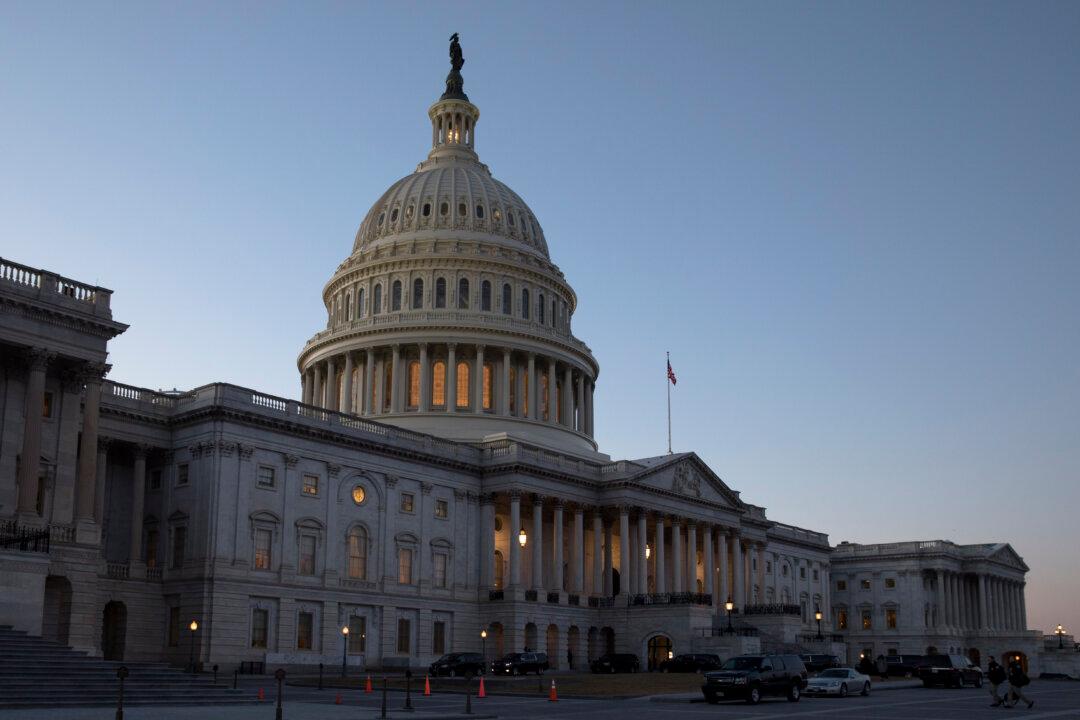WASHINGTON —The U.S. Senate on Oct. 3 passed legislation overhauling the way the federal government lends money for foreign development, creating a $60 billion agency intended largely to respond to China’s growing influence.
The Senate passed the Better Utilization of Investments Leading to Development (BUILD) Act as part of a bill to reauthorize the Federal Aviation Administration, which passed by 93 to 6. The entire package, which had already been approved by the House of Representatives, will now be sent to President Donald Trump, who is expected to sign it into law.





